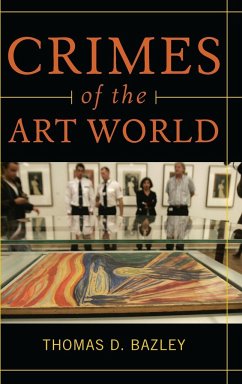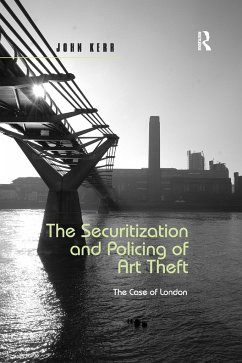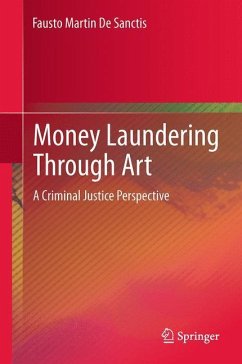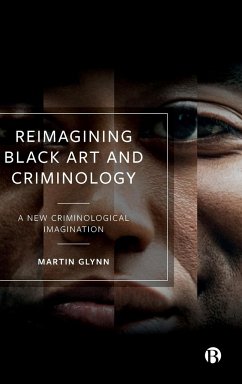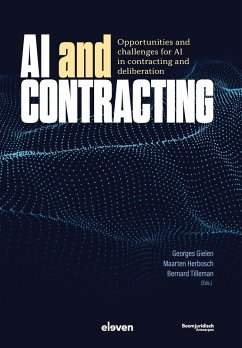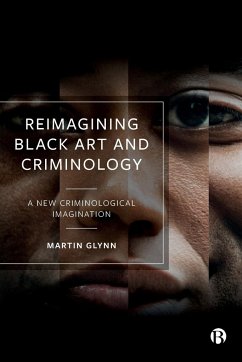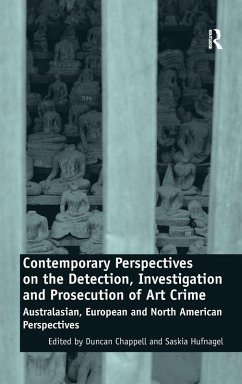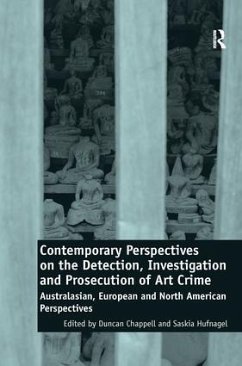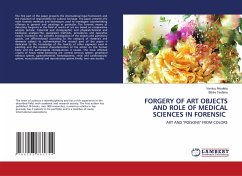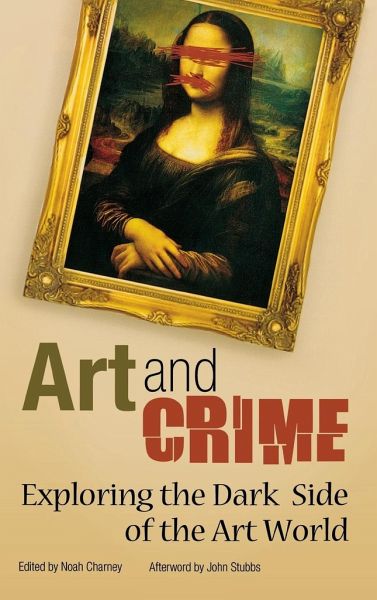
Art and Crime
Exploring the Dark Side of the Art World
Herausgeber: Charney, Noah

PAYBACK Punkte
31 °P sammeln!
Through the use of case examples and careful examination, this book presents the first interdisciplinary essay collection on the study of art crime, and its effect on all aspects of the art world. Contributors discuss art crime subcategories, including vandalism, iconoclasm, forgery, fraud, peace-time theft, war looting, archaeological looting, smuggling, submarine looting, and ransom. The contributors offer insightful analyses coupled with specific practical suggestions to implement in the future to prevent and address art crime. This work is of critical importance to anyone involved in the a...
Through the use of case examples and careful examination, this book presents the first interdisciplinary essay collection on the study of art crime, and its effect on all aspects of the art world. Contributors discuss art crime subcategories, including vandalism, iconoclasm, forgery, fraud, peace-time theft, war looting, archaeological looting, smuggling, submarine looting, and ransom. The contributors offer insightful analyses coupled with specific practical suggestions to implement in the future to prevent and address art crime. This work is of critical importance to anyone involved in the art world, its trade, study, and security. Art crime has received relatively little attention from those who study art to those who prosecute crimes. Indeed, the general public is not well-aware of the various forms of art crime and its impact on society at large, to say nothing of museums, history, and cultural affairs. And yet it involves a multi-billion dollar legitimate industry, with a conservatively-estimated $6 billion annual criminal profit. Information about and analysis of art crime is critical to the wide variety of fields involved in the art trade and art preservation, from museums to academia, from auction houses to galleries, from insurance to art law, from policing to security. Since the Second World War, art crime has evolved from a relatively innocuous crime, into the third highest-grossing annual criminal trade worldwide, run primarily by organized crime syndicates, and therefore funding their other enterprises, from the drug and arms trades to terrorism. It is no longer merely the art that is at stake.





